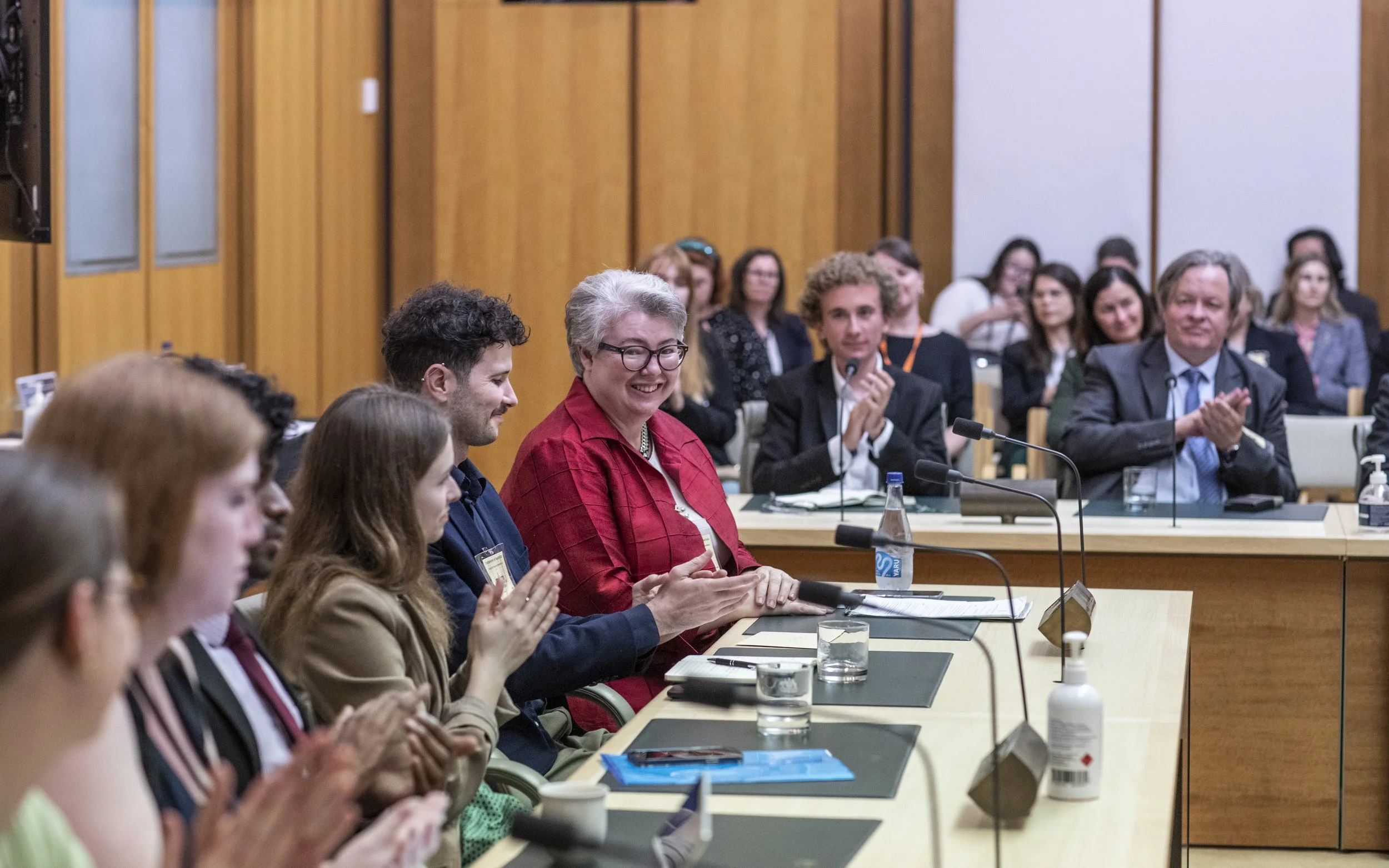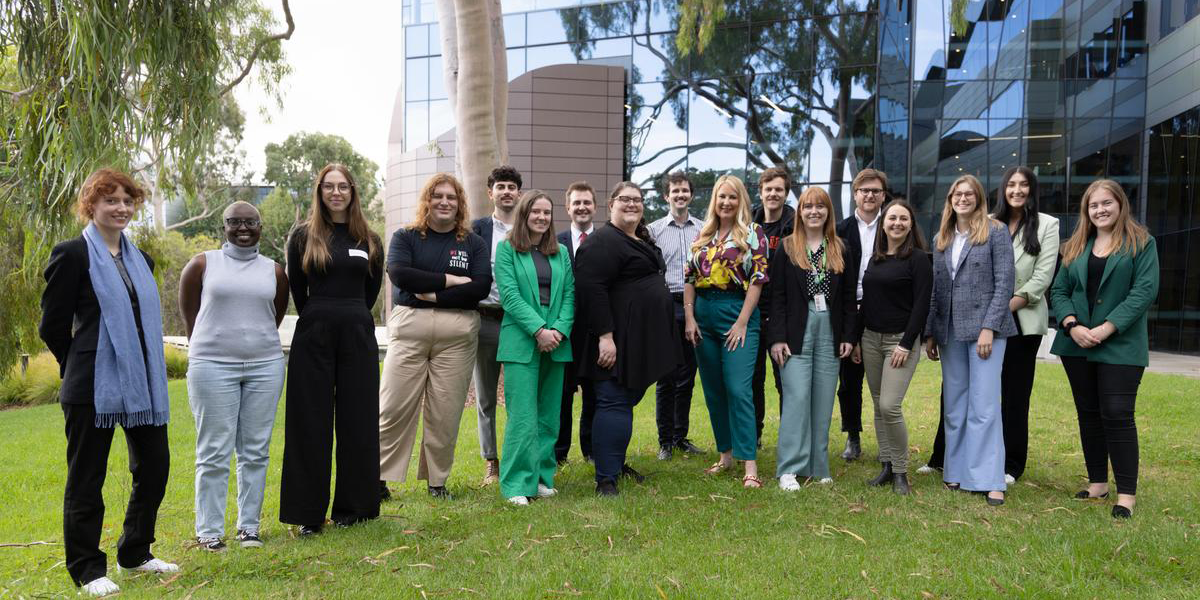
Our Focus
We work to equip Australian leaders to think beyond electoral cycles and financial quarters, supporting them to embrace future generations leadership and policy.
Who Are Future Generations?
We at Foundations for Tomorrow define ‘future generations’ to include both the young people of today and the generations to come.
Young People of Today
The younger generations that are currently alive on our planet, specifically those under the age of 30 years old, who are not yet adequately engaged or represented in decision-making processes.
-
While it should be noted that in some contexts, young people are not considered ‘future generations’, the discussions of the Australian Parliamentary Group for Future Generations have favoured an approach that acknowledges the interests of young Australians in this agenda. However, while young people are formidable advocates for future generations, they should not be the only voice, nor should the responsibility for safeguarding the future be deferred to the next generation. We champion meaningful intergenerational solidarity and collaborations to drive sustainable change.
The Generations to Come
Those who will be born by the end of the century, whose interests are routinely overshadowed by the short-termism that is driven by financial quarters and electoral cycles. These future citizens will bear the brunt of every decision made today.
-
Australia’s population currently stands at 26.6 million people, this number will continue to grow over the coming years, reaching 32.8 million by 2050 and 42.9 in 2100. The growing population makes Australia a ‘future majority’ country, meaning that more people will be born by 2100 than are currently alive today, a reality that places us at odds with many of our OECD colleagues whose populations are due to decline by 2050. With more people in our future than are alive today, it is imperative that we plan and act for this growing future
Why Invest in Future Generations?
Some people consider investments in ‘future interests’ to be a luxury. However, the reality is that many of the greatest challenges of today are the product of historical failures to think, plan and act for the future. The uncertainty and volatility of the 21st century require a renewed approach to policy and leadership as the costs of short-termism continue to escalate.
Long-term thinking for our future is essential, and strategic investments can serve both the needs of today and the interests of future generations.

What is Future Generations Leadership & Policy?
Future generations leadership and policy works to overcome the cognitive biases and short-sighted incentives that drive many leaders to prioritise electoral cycles and financial quarters over our shared future.
We can make policy decisions which will positively affect all future Australians. Like previous generations’ policy decisions have helped us, we have a national responsibility to protect the interests of those who will come after us.
The interests of Australia’s future generations are too often neglected due to the prevalence of short-termism in Australian policy and a failure to adequately address large-scale risks and opportunities that lay before us, both of which have intergenerational impacts.
Learn more about future generations leadership and policy by exploring our future generations leadership development projects.
Our Policy Focus Areas
We specialise in working directly with leaders, exploring the cultural, capability and institutional requirements of future generations leadership and policy. To advance this higher-level mandate, we focus on three priority policy areas for protecting Australia’s future interests:
-
Emerging Technology
Innovation propels society forward.
As emerging technologies reshape our future, we must ensure they are harnessed responsibly—balancing progress with ethical considerations and ensuring that emerging technology supports a better future for all.

-
Environmental Sustainability
Climate change is a multifaceted challenge that intersects with our social, economic, and political landscape, influencing every element of our shared future. A sustainable environment is non-negotiable, and Australia is uniquely equipped to embrace the potential of sustainable practices.

-
Societal Well-being
A nation's wealth extends beyond economic metrics; it encompasses public health, security, sustainability, inclusion and societal connectivity, all of which should be considered in strategic planning. Reevaluating our investments in these areas is crucial for fostering a future of all-encompassing prosperity.








